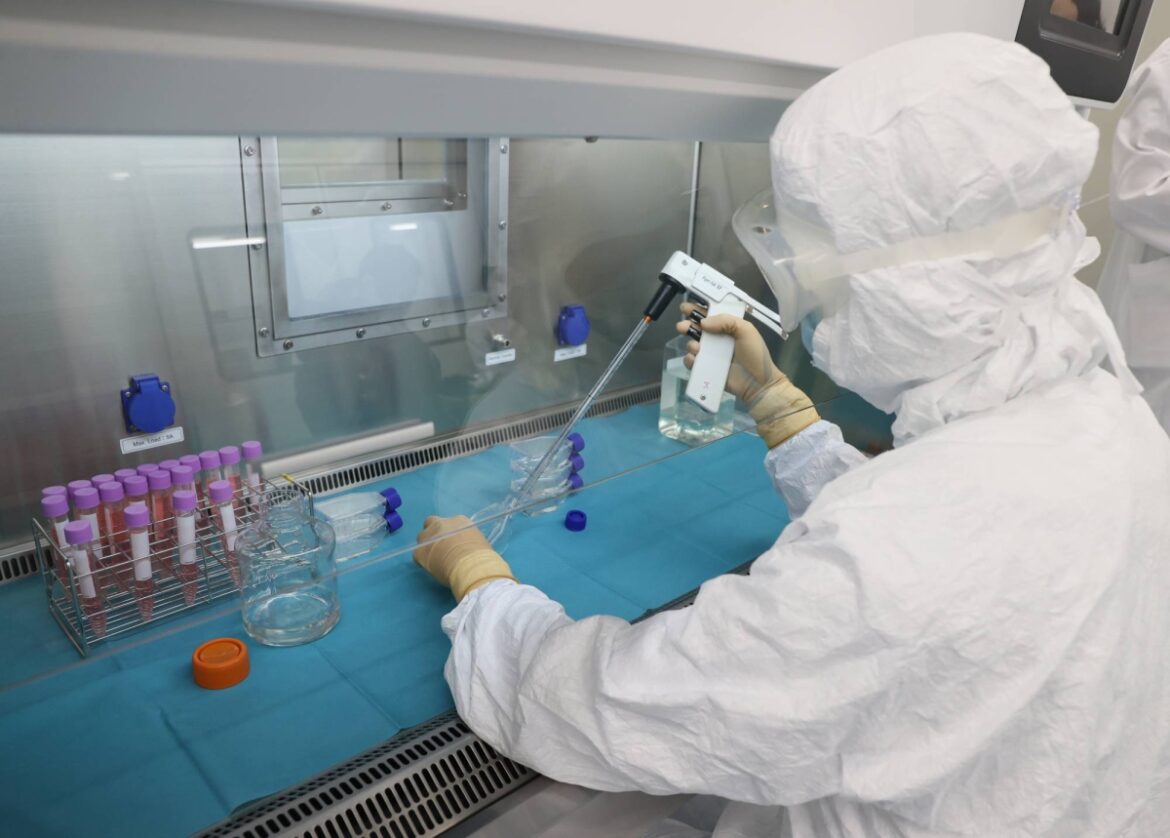Kyoto –
A team of Kyoto University and other researchers has developed a method of predicting with high accuracy the risk of someone developing esophageal cancer by analyzing cells collected from inside the person’s cheeks.
If brought into practical use, the method could facilitate early cancer detection and cancer prevention through lifestyle improvements.
The team’s findings were published in an online international medical journal in April.
Its study covered 222 people age 40-94, all with a history of smoking and drinking who either had esophageal cancer or did not.
The team swabbed the inside of their cheeks to extract cheek mucosa cells and analyzed any genetic mutations.
Participants with a lower tolerance for alcohol had more genetic mutations in their extracted cells when their alcoholic intake increased. On the other hand, those whose bodies were capable of processing alcohol well did not display such an increase.
The team also found that esophageal cancer patients had more genetic mutations than those who did not, even if their cancer was discovered at an early stage.
The team managed to make cancer probability predictions with an accuracy of over 70% by analyzing various genetic mutation data together.
The team found “what is believed to be a biomarker that indicates (cancer) risks more objectively and accurately than with the conventional method of interviewing (patients) on their lifestyle habits and predispositions,” said team member Akira Yokoyama, lecturer at Kyoto University Hospital.


AloJapan.com